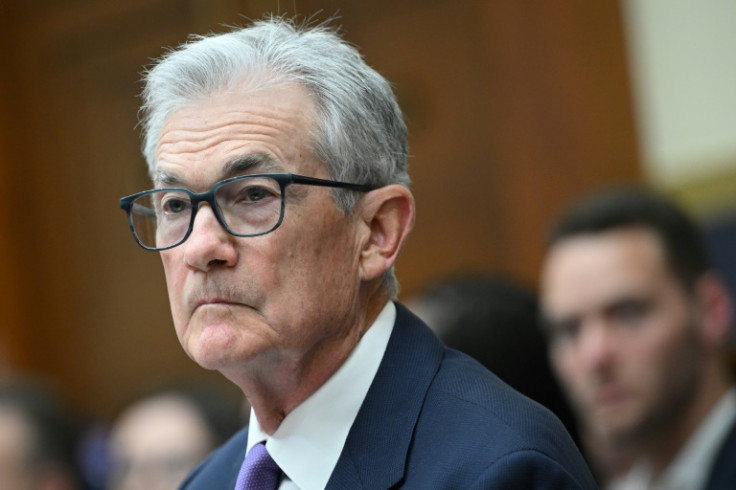Fed 'Nowhere Near' Endorsing CBDC, Will Not Spy On People's Data: Powell

KEY POINTS
- Cramer noted that there are concerns about a CBDC being used to spy on consumers' financial transactions
- Powell said the central bank was a "very long way from even thinking about" issuing a CBDC
- The Fed previously noted that it will only release a CBDC under an authorizing law
Federal Reserve Chair Jerome Powell on Thursday reassured the Senate Committee on Banking, Housing, and Urban Affairs that the U.S. central bank was nowhere close to suggesting the rollout of a central bank digital currency (CBDC) as other countries around the world have done in recent months.
Sen. John Cramer, R-N.D., raised the question on CBDCs Thursday, saying there is "a lot of confusion" surrounding the Biden administration's support for the Fed's research on a U.S. digital currency. He said there are fears that a CBDC may "control" the financial privacy of the American public.
"First of all, I wanna say that we're nowhere near recommending or let alone adopting a central bank digital currency in any form," he clarified. He acknowledged that there is concern about the government looking into the financial transactions of consumers if a digital currency is placed under governmental oversight, as he said was the case in China. "That's just something we would not stand for, or do, or propose here in the United States."
He reiterated further that the Fed is a "very long way from even thinking about" adopting a CBDC. "People don't need to worry about a central bank digital currency, and nothing like that is remotely close to happening anytime soon," he concluded.
Powell's clarifications were made less than two weeks after a group of Republican senators introduced legislation that could effectively block the Federal Reserve's authority to implement a CBDC. The proposed bill notes that the American central bank cannot issue a CBDC without Congressional authorization.
GOP senators who proposed the bill noted that a CBDC will infringe on the financial freedoms of the American public and "surveil their spending habits."
In a 2023 FAQ sheet about CBDCs, the Fed said it was considering a digital currency only "as a means to expand safe payment options," not to reduce or replace cash. It also said it has "made no decision" yet on issuing a CBDC and will only do so on the backing of an authorizing law.
A CBDC should complement existing payment options while benefiting American consumers and ensuring the protection of consumer privacy. Finally, it said a Fed digital currency must have "broad support" from key stakeholders, which include not just industry players but legislators as well.
© Copyright IBTimes 2025. All rights reserved.






















